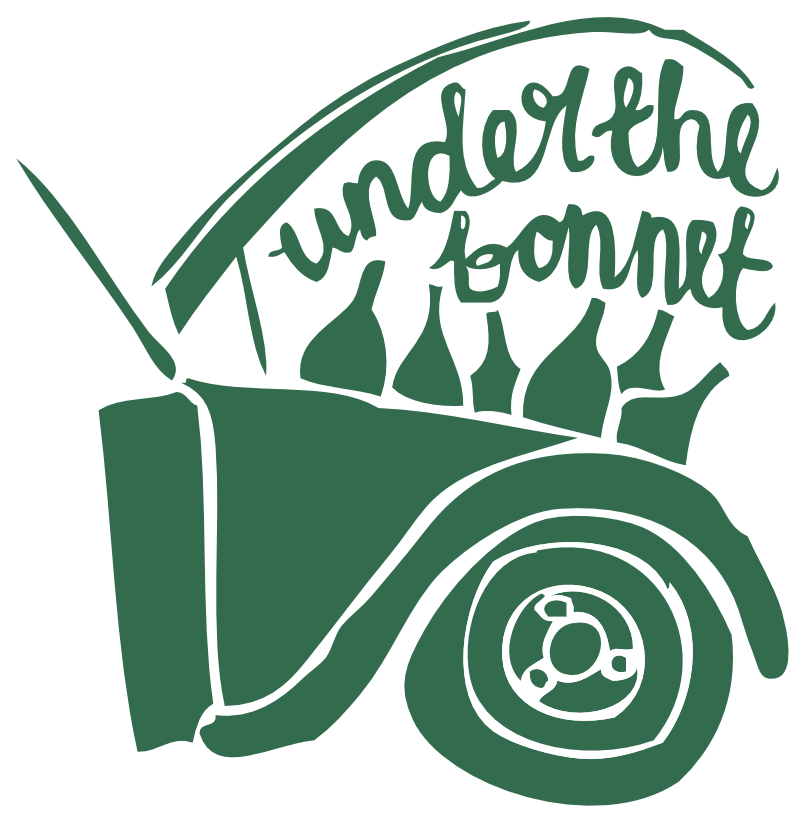With many of our growers in France and Germany having already completed harvest after an unbelievably warm, dry year, back here in the UK we're still a little way off harvest yet.
Catching up with Hugo earlier today, he counts himself fortunate to be farming in Wiltshire these days, in contrast to his early years of viticulture in Corbières.
"Ironically really, I think it might be easier to farm organically and biodynamically here. Down in the south of France we'd have very warm evenings, mildew was always such a threat right up to harvest. But here, once we're past the sultry weather of June and July, and the evenings begin to cool, the evenings we're now getting where it drops to ten degrees, that really holds the mildew off."
Despite a year of profound heat in the UK, Hugo's rich and healthy soil, dense with cover crop seems to have fared well, and he admits it's been a remarkably easy year.
"It's a really interesting thing, because we've been brainwashed to think of weeds as competition, but now that everybody is learning about the soil health, it's become apparent most of these plants are actually companion plants, there's a real network of self-help among them. I think it's time to to re-assess what we perceive as competitive"
"We have 20 species planted in the cover crop here, herbs, legumes, different grasses and clovers. I think if you want to get a complex wine, you've got to get a complex soil. But takes times for that to kick in! It's clear they've all helped one another this year though."
With yields looking bumper-sized, Hugo is being diligent with shoot thinning at the moment. By carefully dropping bunches throughout veraison, they can ensure those that remain are at the ideal ripeness Hugo would like. Quality over quantity.
"It's such a critical time this, and we learnt the hard way last year when we had a big yield that ripeness perhaps suffered. So this year we're being sure to cut off any bunches that are still green so the plant is putting 100% energy into the ones that are ripening."
Big yields in the main vineyard being one challenge, the younger vines that were expected to yield their first crop this year have struggled in the heat.
Planted in a field where the land is in conversion from conventional farming to regenerative, Hugo's been surprised by how they've struggled to establish vitality. Rather than stress the vines any more this year, he's dropped the crop, allowing it to bounce back and yield their first next year.
"The first vineyard was just planted into a grass field, and it established itself much faster. The second one was planted into land that had been farmed conventionally by the farmer before, and the vines are still really struggling."
"In Corbieres, I was mostly finding 100 year old vines to look after, which obviously have a really well established root system! So learning what young, struggling vines need is a bit of a different scenario for us."
"It's funny what you mentioned about Daniela at Mingaco saying that the first three years of converting to regenerative agriculture from conventional the vines are like an addict in recovery. I hadn't heard that expressed that way before, but I can really relate to it with this vineyard at the moment. That land was clearly in a worse way than it looked on the surface."
Picking will begin in about a month, and fortunately there's now minimal pitfalls to fall down on the home-straight.
"We'll be picking in the second week of October most likely. We'll leave the Chardonnay a little longer, into the third week of October. It's very rainy at the moment, but we've got the wind, so it's not sitting there, it dries out and blows away nice and quickly. When it's still, and it just hangs there: that's when I get nervous!"




